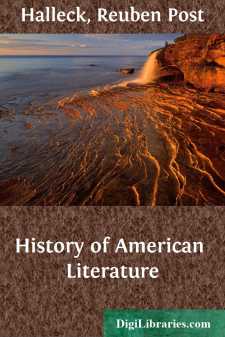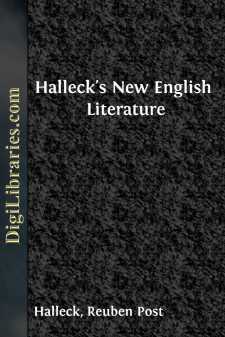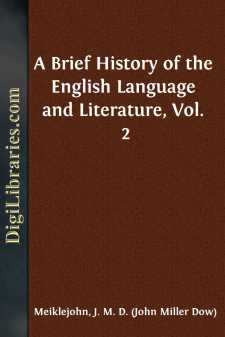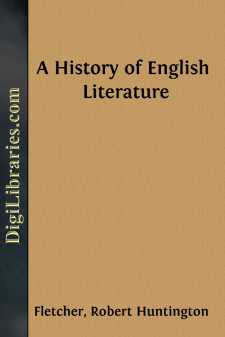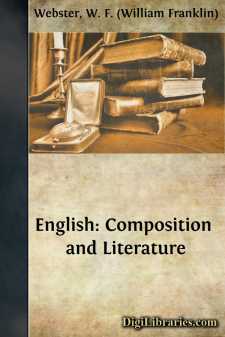Categories
- Antiques & Collectibles 13
- Architecture 36
- Art 48
- Bibles 22
- Biography & Autobiography 813
- Body, Mind & Spirit 142
- Business & Economics 28
- Children's Books 17
- Children's Fiction 14
- Computers 4
- Cooking 94
- Crafts & Hobbies 4
- Drama 346
- Education 46
- Family & Relationships 57
- Fiction 11829
- Games 19
- Gardening 17
- Health & Fitness 34
- History 1377
- House & Home 1
- Humor 147
- Juvenile Fiction 1873
- Juvenile Nonfiction 202
- Language Arts & Disciplines 88
- Law 16
- Literary Collections 686
- Literary Criticism 179
- Mathematics 13
- Medical 41
- Music 40
- Nature 179
- Non-Classifiable 1768
- Performing Arts 7
- Periodicals 1453
- Philosophy 64
- Photography 2
- Poetry 896
- Political Science 203
- Psychology 42
- Reference 154
- Religion 513
- Science 126
- Self-Help 84
- Social Science 81
- Sports & Recreation 34
- Study Aids 3
- Technology & Engineering 59
- Transportation 23
- Travel 463
- True Crime 29
History of American Literature
Description:
Excerpt
CHAPTER I
COLONIAL LITERATURE
RELATION TO ENGLISH LITERATURE.—The literature produced in that part of America known as the United States did not begin as an independent literature. The early colonists were Englishmen who brought with them their own language, books, and modes of thought. England had a world-famous literature before her sons established a permanent settlement across the Atlantic. Shakespeare had died four years before the Pilgrims landed at Plymouth. When an American goes to Paris he can neither read the books, nor converse with the citizens, if he knows no language but his own. Let him cross to London, and he will find that, although more than three hundred years have elapsed since the first colonists came to America, he immediately feels at home, so far as the language and literature are concerned.
For nearly two hundred years after the first English settlements in America, the majority of the works read there were written by English authors. The hard struggle necessary to obtain a foothold in a wilderness is not favorable to the early development of a literature. Those who remained in England could not clear away the forest, till the soil, and conquer the Indians, but they could write the books and send them across the ocean. The early settlers were for the most part content to allow English authors to do this. For these reasons it would be surprising if early American literature could vie with that produced in England during the same period.
When Americans began to write in larger numbers, there was at first close adherence to English models. For a while it seemed as if American literature would be only a feeble imitation of these models, but a change finally came, as will be shown in later chapters. It is to be hoped, however, that American writers of the future will never cease to learn from Chaucer, Spenser, Shakespeare, Milton, Bunyan, and Wordsworth.
AMERICAN LITERATURE AN IMPORTANT STUDY.—We should not begin the study of American literature in an apologetic spirit. There should be no attempt to minimize the debt that America owes to English literature, nor to conceal the fact that American literature is young and has not had time to produce as many masterpieces as England gave to the world during a thousand years. However, it is now time also to record the fact that the literature of England gained something from America. Cultivated Englishmen to-day willingly admit that without a study of Cooper, Poe, and Hawthorne no one could give an adequate account of the landmarks of achievement in fiction, written in our common tongue. French critics have even gone so far as to canonize Poe. In a certain field he and Hawthorne occupy a unique place in the world's achievement. Again, men like Bret Harte and Mark Twain are not common in any literature. Foreigners have had American books translated into all the leading languages of the world. It is now more than one hundred years since Franklin, the great American philosopher of the practical, died, and yet several European nations reprint nearly every year some of his sayings, which continue to influence the masses....


